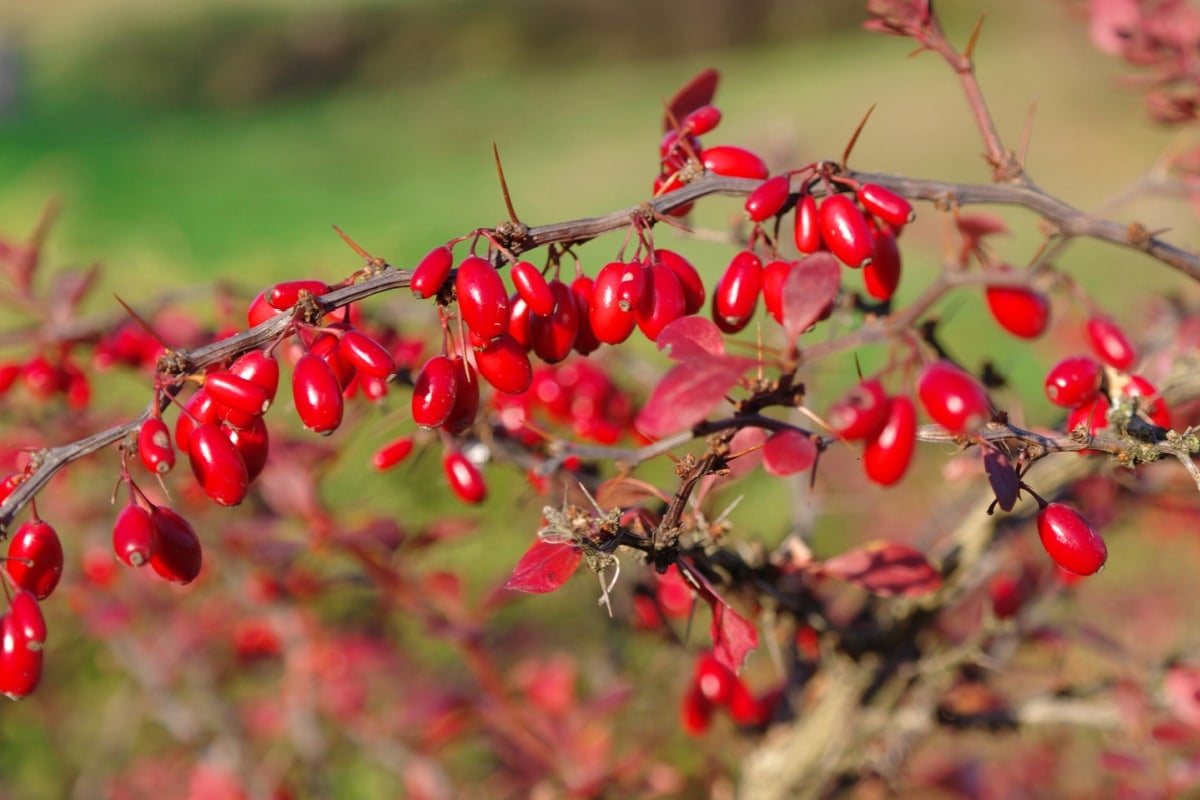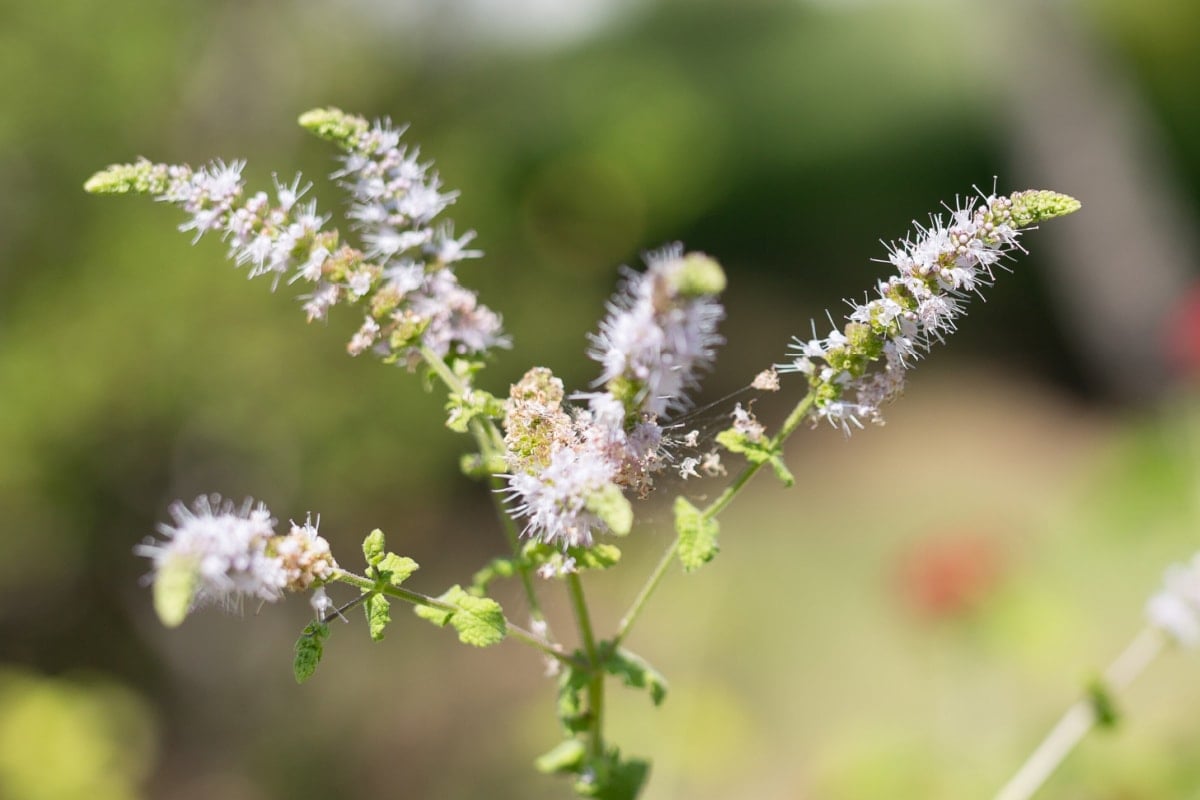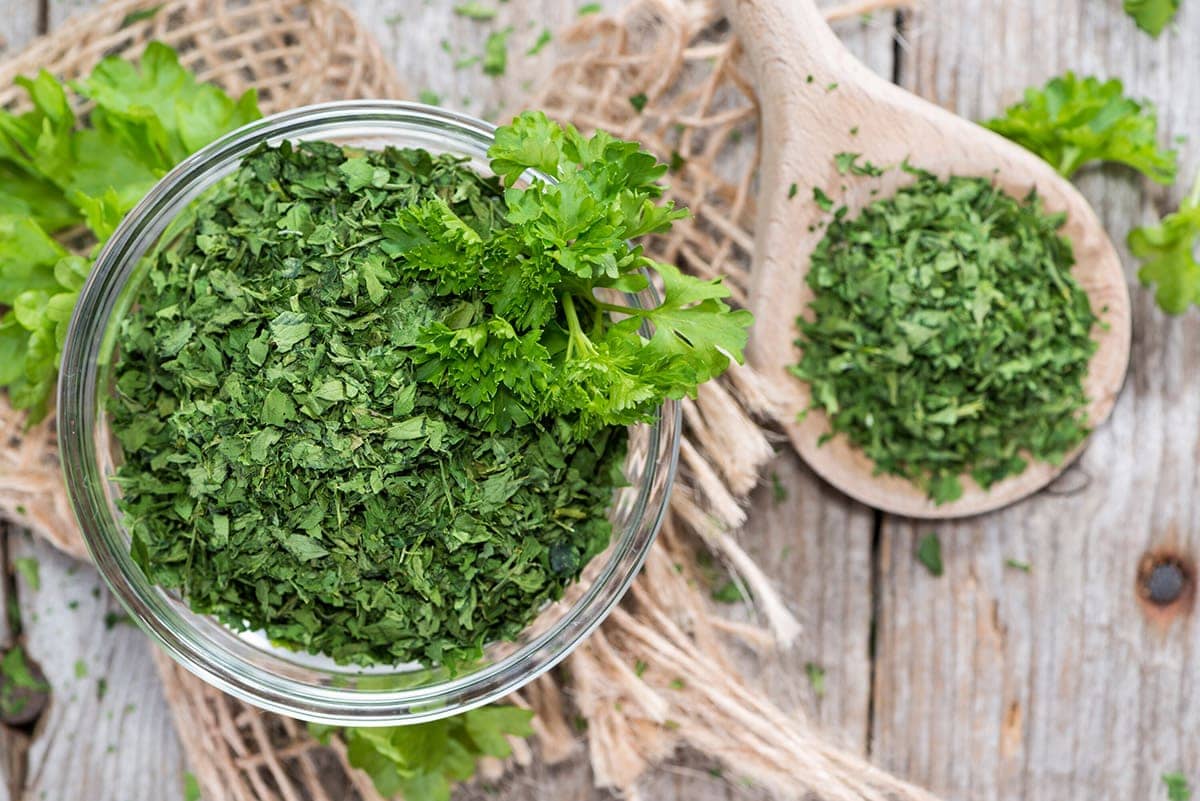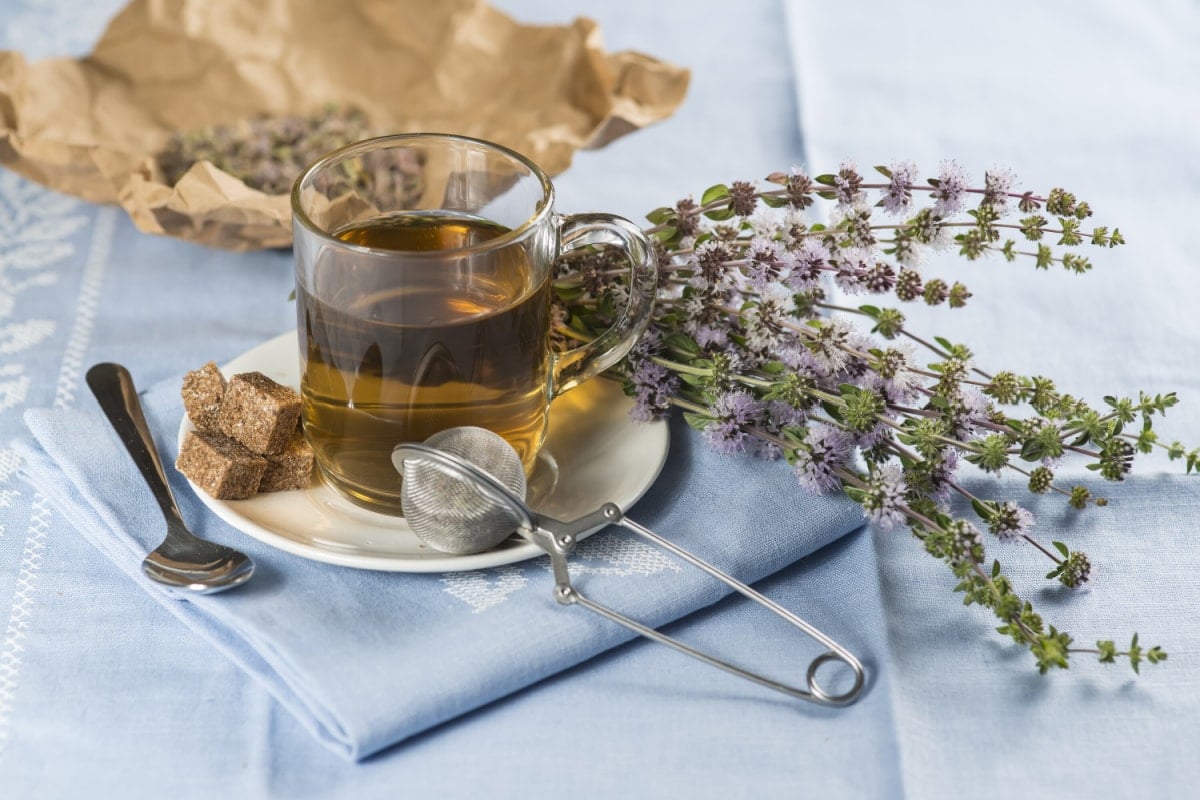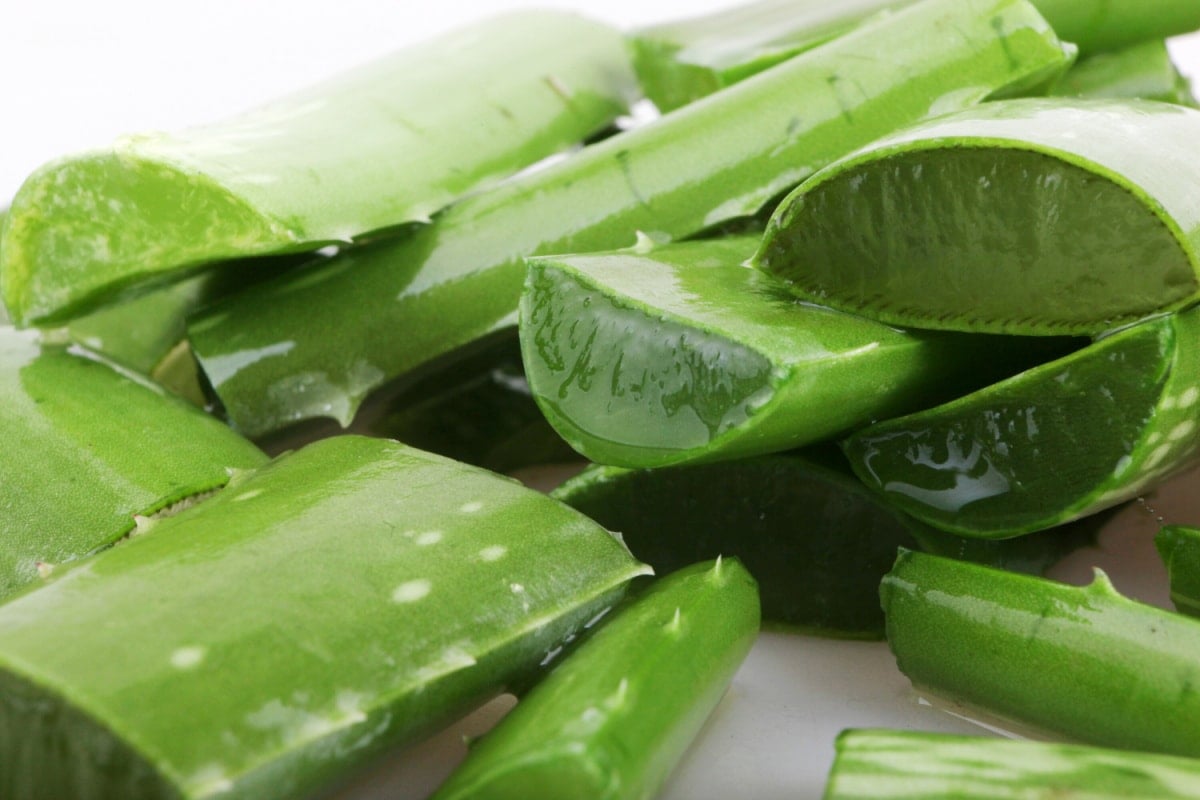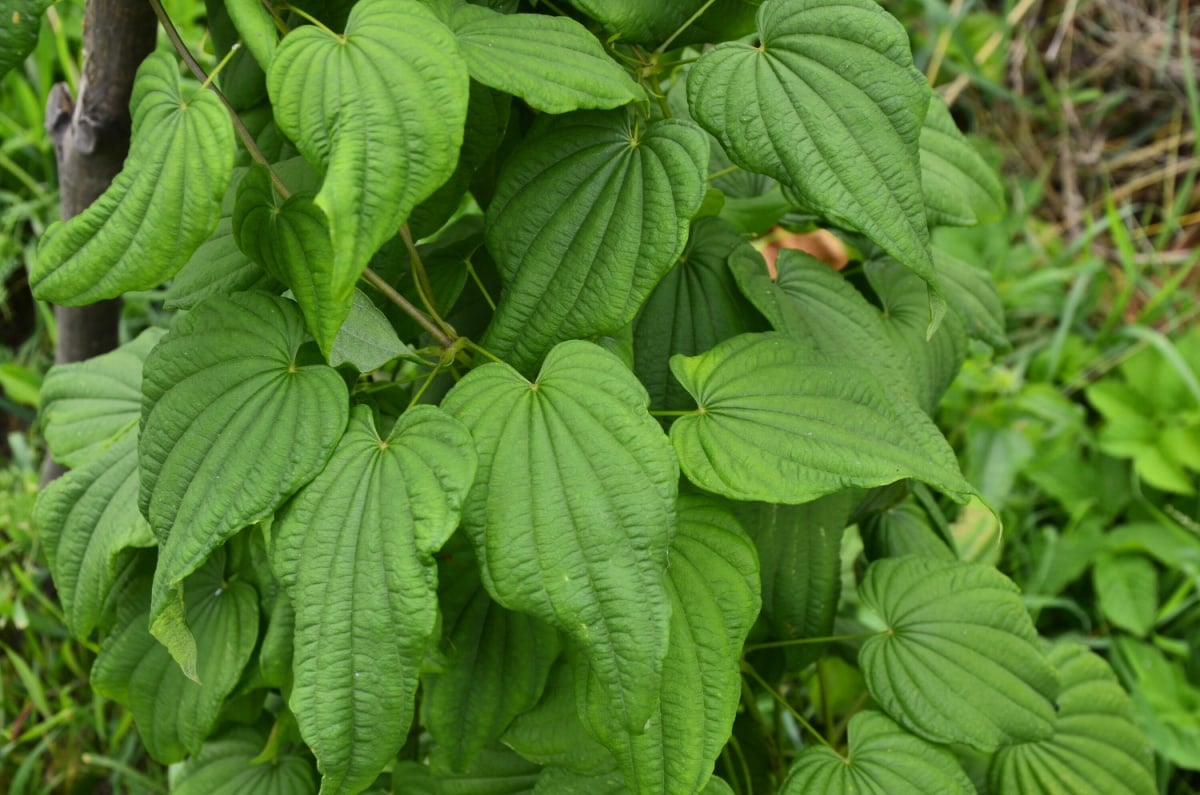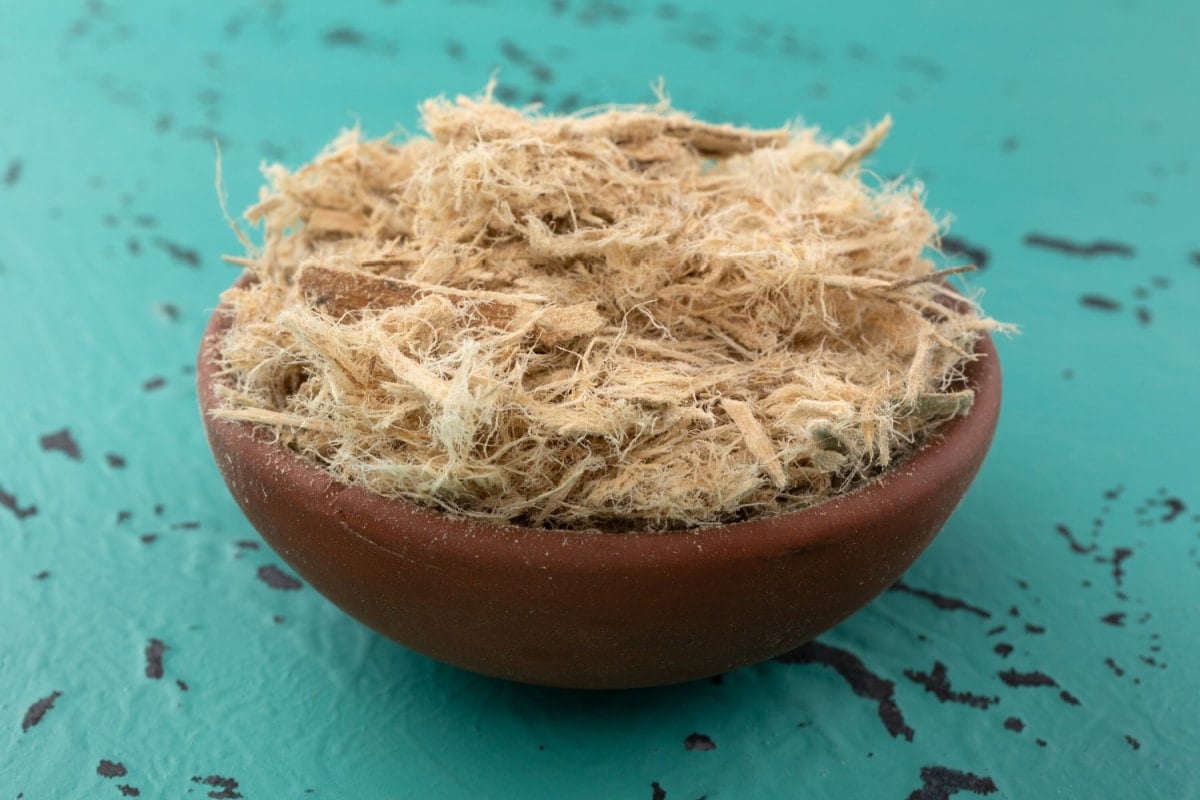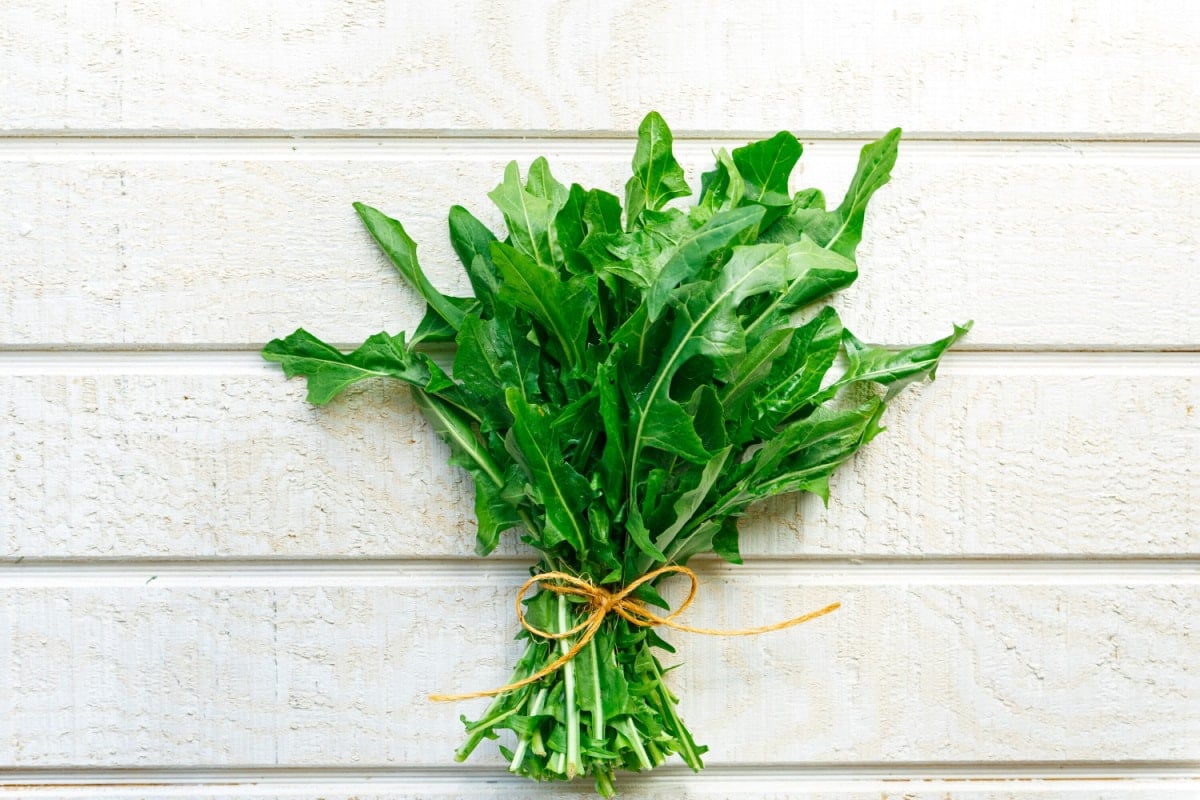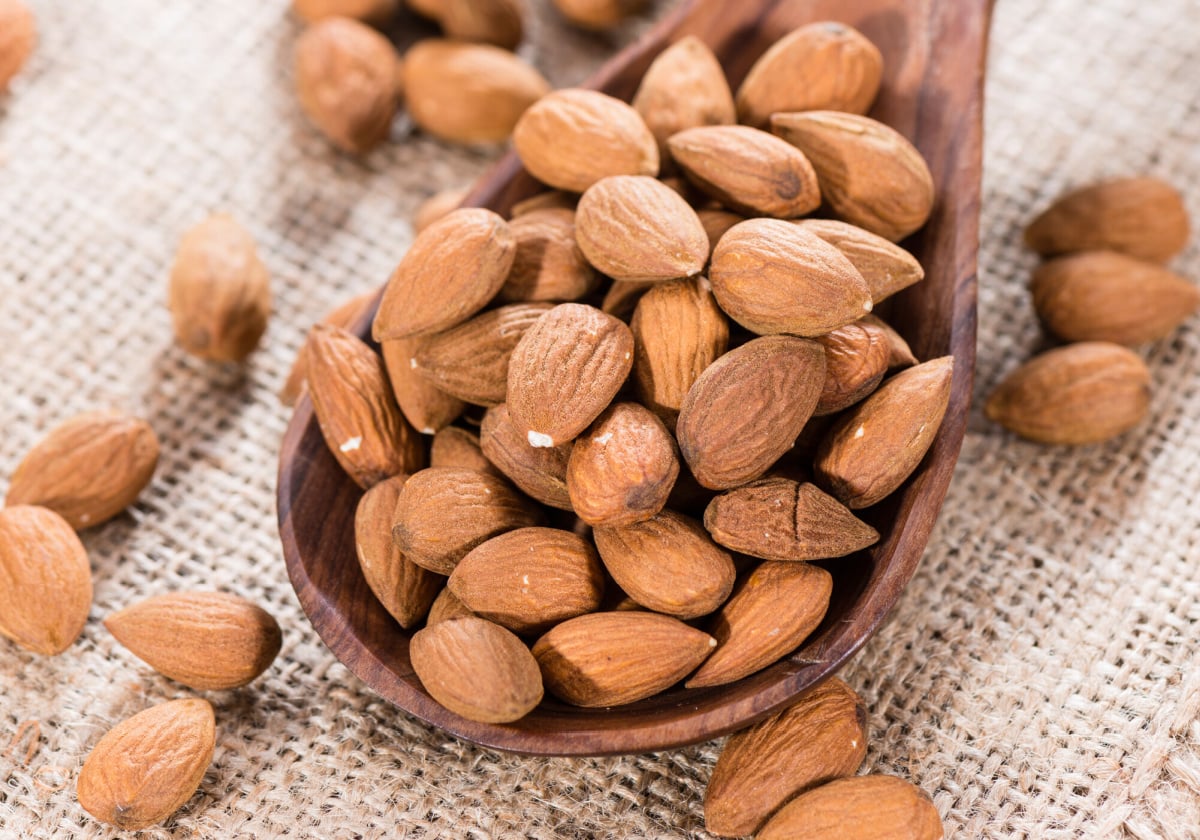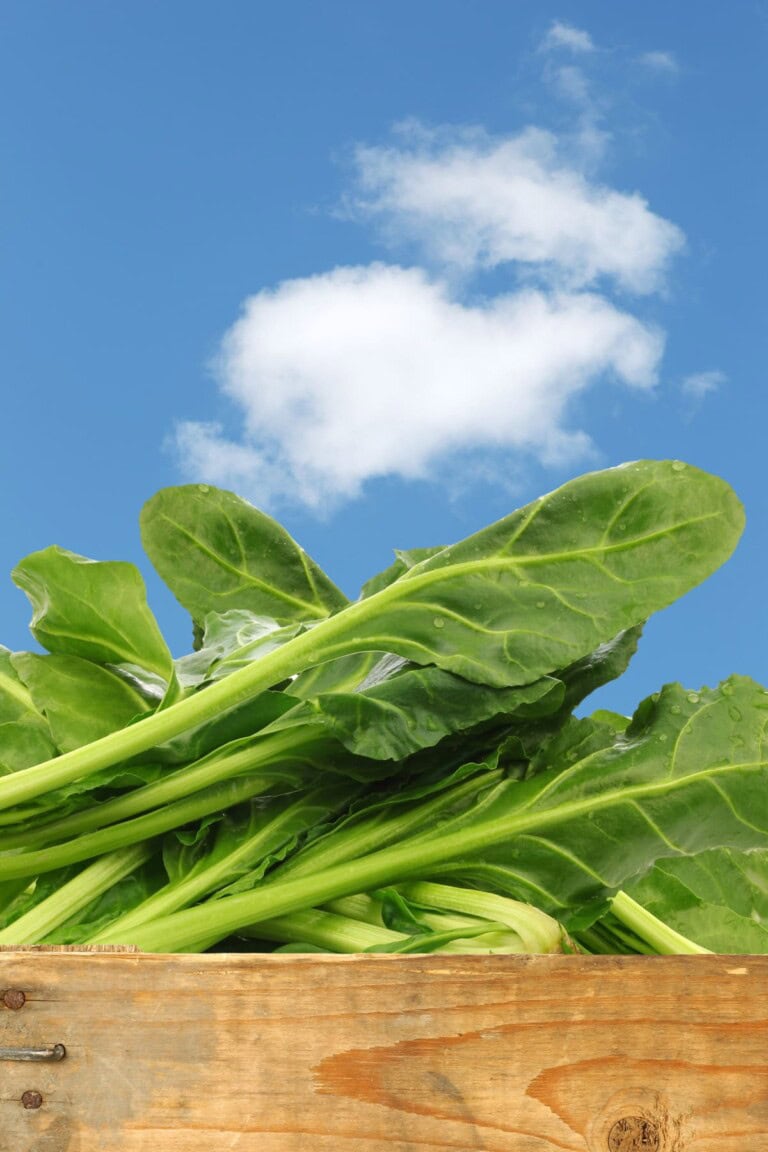Herbs to Avoid During Pregnancy
Herbs to Avoid During Pregnancy
One of nature’s best creations is the herb. They can have very powerful effects. If you use herbal medicine, it is important to know which herbs to avoid during pregnancy.
Doctors used these herbs and other natural medicines like them for treatment when there were no available synthetic pharmaceuticals.
It is well known that herbalists often hold the opinion that plants can offer advantages that are equivalent to or even better than those offered by current medical procedures.
People find that they have been used to treat illnesses and keep people healthy for a long time, but they have not been tested and researched as much as synthetic drugs.
In this article, we will discuss verbs in detail. so that you can know how beneficial or harmful herbs are.
Which Herbs to Avoid While Pregnant?
Medical experts know that herbs have numerous benefits. But they do not want to endanger the health of the pregnant woman or the child in particular.
The Food and Drug Administration also recommends that pregnant women avoid using herbal products without consulting their healthcare professionals. This is because some herbs can cause many problems during pregnancy.
Reactions to dangerous herbs can include reaction to an allergen, heartburn, miscarriage, increased blood flow, and early labor during pregnancy. Therefore, pregnant women should avoid certain herbs during pregnancy, according to experts and corporations.
- Dong Quai
- Saw Palmetto
- Blue Cohosh
- Berberine
- Black cohosh
- Parsley
- Castor Oil
- Aloe Vera
- Rue
- Tansy
- Mugwort
- Cotton Root Bark
- Queen Anne’s lace
- Wild yams
- Sweetweed leaves
1. Dong quai
The dong quai root is used to cure numerous conditions. Dong quai has estrogen-like actions and affects other hormones. Also, dong quai has blood-thinning coumarins. Before using this, see a doctor.
When pregnant, AVOID using dong quai. It could tighten the uterus and increase the chance of miscarriage. Dong quai should not be consumed by nursing women because it is unknown whether doing so is safe.
2. Saw palmetto
There are many species of saw palmetto that may grow up to 10 feet tall and have leaves arranged in a fan-like pattern. The ripe fruit of this plant is used to create medicinal products.
Males appear to benefit from saw palmetto’s ability to reduce the amount of pressure exerted on their urinary tracts.
Another possible benefit of saw palmetto is that it may prevent testosterone from being transformed into a more potent version known as dihydrotestosterone (DHT). Some types of hair loss may be prevented if DHT levels are reduced.
But, there are some possible side effects. Talk to a doctor before using saw palmetto if you have any underlying medical issues, are on any drugs, are pregnant, or are nursing.
Ongoing studies are being done on saw palmetto safety. However, the FDA advises against using saw palmetto when nursing or pregnant.
The American Pregnancy Association claims that because it alters hormone function in the body, it is potentially dangerous for women who are pregnant or nursing.
3. Blue cohosh
Blue cohosh should not be taken orally during pregnancy or while breastfeeding due to the possible safety risk involved.
Some of the compounds found in blue cohosh have been linked to the development of birth abnormalities. Blue cohosh, when consumed by the woman near the end of her pregnancy, has the potential to cause serious heart issues in the infant. It is also possible for it to be poisonous to the mother.
Blue cohosh can trigger uterine contractions, which is dangerous if not at full term. Due to the fact that blue cohosh induces the uterus to contract, many midwives continue to recommend it to their patients in order to facilitate an easier delivery. However, you should steer clear of engaging in this risky behavior at all costs.
4. Berberine
Ingestion of berberine when pregnant is probably not a good idea due to the potential for birth defects. Berberine is able to pass through the placenta, which may be harmful to the developing embryo.
5. Black cohosh
The use of black cohosh should be approached with extreme caution during both pregnancy and breastfeeding.
This is especially important during the first trimester when the herb’s putative labor-inducing effects could pose a potential risk. Therefore, pregnant women shouldn’t take it.
Black cohosh can cause cramps, headaches, upset stomach, rash, vaginal bleeding, weight gain, and heaviness.
There needs to be a lot of high-quality research done on people to find out if using black cohosh while pregnant or breastfeeding is safe.
6. Parsley
Parsley is a biennial herb that was previously found only in the Mediterranean region. But now, this herb is now grown in all parts of the world.
It is used in a wide range of culinary preparations. Any recipe can be instantly improved by adding the aromatic flavor of parsley leaves.
However, it is risky and should be avoided to consume larger therapeutic amounts of parsley while pregnant.
The use of parsley has been linked to both abortions and the induction of menstruation. As a result, it should refrain from overindulging in food. However, it is safe in amounts used for seasoning or as a garnish.
7. Pennyroyal
Pennyroyal is an herb that, if taken in large amounts, could lead to spontaneous abortion. This herb, scientifically known as Mentha pulegium, is considered harmful during pregnancy due to its potential to cause uterine contractions and stimulate menstruation.
For pregnant women, the concern is primarily about its ability to stimulate the uterus, which could lead to miscarriage or premature labor.
The uterine contractions caused by pennyroyal may be dangerous during any stage of pregnancy, but they are particularly concerning during the first trimester when the risk of miscarriage is higher.
Due to these risks, it is strongly advised that pregnant individuals avoid consuming pennyroyal in any form, including herbal teas, essential oils, or supplements.
8. Castor oil
Castor oil is considered bad or unsafe during pregnancy due to its potential to induce labor. It is known to stimulate the bowels and cause uterine contractions, which can lead to premature labor or even miscarriage, especially if the pregnancy is not yet full-term.
Ricinoleic acid, the active compound in castor oil, stimulates smooth muscle contractions in the intestines and can sometimes spill over to the uterus, potentially triggering contractions.
However, the exact mechanism of how castor oil induces labor is not fully understood, making its use during pregnancy particularly risky.
In addition to its potential to induce labor, castor oil can cause nausea, vomiting, diarrhea, and dehydration, which can be harmful during pregnancy, potentially leading to electrolyte imbalances and putting both the mother and the baby at risk.
It’s crucial for pregnant individuals to prioritize the safety of both themselves and their unborn child. Therefore, it’s strongly advised to consult with a healthcare professional before using any substances, including herbal remedies like castor oil, during pregnancy.
If labor induction is necessary, it should only be done under the supervision and guidance of a healthcare provider.
9. Aloe vera
Uterine contractions are known to be exacerbated in women who are pregnant and ingest aloe vera in excess, increasing the risk of miscarriage. It’s also been linked to birth abnormalities in babies.
Constipation can be exacerbated by consuming too much aloe vera juice, however, this weakens the intestinal muscles even further.
10. Rue
Rue is a potential health risk to women who are pregnant or nursing. The plant has been linked to uterine contractions as well as miscarriage.
If it is used during pregnancy, it has the potential to cause catastrophic side effects for both the mother and the unborn child, including death.
Other possible side effects include stomach irritation, damage to the kidneys and liver, rashes, and a higher sun sensitivity if the medicine is put on the skin.
11. Tansy
The sections of the tansy plant that grow above the ground are used to create medication, and tansy is utilized in a variety of methods for treating serious conditions and has serious safety risks.
It is risky to use because it could start your menstruation, cause your uterus to contract, and induce a miscarriage if you are pregnant. If you use it while you are pregnant, it could also harm the baby.
Tansy, due to the presence of the carcinogenic thujone it contains, should not be used by nursing mothers or women who are pregnant.
12. Mugwort
This herb serves as a yellow dye, an insect repellent, a food additive, and a potential cure for everything from infertility to flatulence. That’s not bad for a plant that many Americans see as harmful.
Mugwort can be used to hasten the onset of menstruation in females. In the past, it was used to induce miscarriages and bring on delayed menstruation.
It is considered unsafe for pregnant individuals due to its potential to stimulate uterine contractions and menstruation.
The herb contains compounds, including thujone and camphor, which can cause uterine muscle contractions, potentially leading to miscarriage, preterm labor, or other complications during pregnancy.
The stimulatory effect on the uterus makes mugwort particularly dangerous during pregnancy, especially in the early stages when the risk of miscarriage is higher.
Pregnant individuals should avoid using mugwort in any form, including herbal teas, supplements, or essential oils.
13. Cotton root bark
Cotton is a kind of mallow that belongs to the family known as Malvaceae. The cotton plant is a shrub that retains its leaves year-round and is indigenous to both Asia and Africa.
If you are pregnant, it is most likely not safe to use cotton internally. It could cause the uterus to contract, which could lead to a miscarriage.
Also, we don’t know enough about how safe it is to use cotton while breastfeeding. To be on the safe side, don’t use it.
14. Queen Anne’s lace
As the name suggests, Queen Anne’s Lace, also known as wild carrot, or Daucus carota, has little white lacy flowers on a lush green stem above its white or orange root. You can find it in the same genus as celery, parsley, and carrots.
It is not suggested to take Queen Anne’s Lace when pregnant because there is some evidence that it can cause the uterus to contract.
Your doctor is the best person to decide if the possible benefits of taking this supplement while pregnant outweigh the possible risks to the developing baby.
15. Wild yams
Wild yam is a plant that has been promoted as natural DHEA (dehydroepiandrosterone) because it contains diosgenin, which can be used in the lab to create estrogen and DHEA.
Avoiding wild yam is recommended for nursing mothers and pregnant women. Wild yam should not be taken by someone who is missing protein S without first consulting their primary care physician.
Because it has estrogen-like actions, some medical professionals believe that eating wild yams may increase the likelihood of developing blood clots.
16. Smartweed leaves
Smartweed is a type of herb. Medicinal preparations can be made from the parts of the plant that are above ground.
Smartweed is used for a range of ailments, including diarrhea, halting bleeding, the common cold, and more. However, there is little scientific evidence to support these uses.
Smartweed contains vitamin K, which aids in blood clotting.
There isn’t enough data on the safety of smartweed during pregnancy and breastfeeding to make these decisions. Don’t use it at all, just to be safe!
With the tendency to irritate the stomach and intestinal tissue, smartweed can exacerbate ulcers and other gastrointestinal (GI) diseases already present. Smartweed should not be used if you have ulcers or any other digestive issues.
Some herbs that are safe during pregnancy:
Here, we want to inform you that it is possible to use certain herbs during pregnancy. Many herbaceous groups have conducted thorough research to determine the level of plant risk.
However, before using herbs, it is important to consult an expert professional. Below is a selection of useful herbs.
1. Peppermint leaf
Peppermint can be beneficial during pregnancy due to its ability to ease digestive problems like indigestion and bloating, providing comfort to pregnant individuals experiencing these common discomforts.
Additionally, its calming and soothing properties can offer relief from headaches and muscle tension, promoting a sense of relaxation during pregnancy.
2. Ginger root
Ginger is often praised during pregnancy for its ability to alleviate nausea and morning sickness, providing a natural and gentle remedy for these common pregnancy discomforts.
Its natural compounds can help ease digestive issues and soothe the digestive tract, making it a popular choice for pregnant individuals seeking relief from gastrointestinal symptoms.
3. Slippery elm bark
Slippery elm bark (Ulmus rubra) is considered generally safe during pregnancy and is often used to alleviate various digestive issues and promote overall gastrointestinal health.
While slippery elm bark is generally considered safe for most people, including pregnant individuals, it’s essential to consult with a healthcare professional before using any herbal remedies during pregnancy.
4. Red raspberry leaf
It has been proven that this herb, which is rich in iron, can reduce labor, tone the uterus, increase milk production, and reduce nausea.
According to a study, the use of red raspberry leaves during pregnancy helps to reduce the chances of complications and interference in the labor process.
Additionally, it is believed to be rich in essential nutrients like vitamins and minerals that support overall pregnancy health, potentially aiding in reducing pregnancy discomfort and promoting a healthy pregnancy.
5. Chamomile
Chamomile can be beneficial during pregnancy due to its calming properties, potentially helping to reduce stress, anxiety, and aid in better sleep, which is particularly important for pregnant individuals.
Additionally, chamomile tea may assist in alleviating common digestive issues such as bloating and indigestion, offering a soothing remedy during pregnancy.
6. Stinging nettles
It is high in essential nutrients such as calcium, potassium, iron, and vitamins A, C, and K. Because it can help pregnant women feel better, it is often used in pregnancy tea.
7. Dandelion
This herb is rich in Vitamin A, calcium, and iron, and both its roots and its leaves have anti-inflammatory effects and nourish the liver. In addition, this herb is high in vitamin A.
8. Almonds
Almonds are high in calcium and magnesium, which help reduce anxiety, discomfort, and skin irritation.
Be careful, be safe!
More About Herbs:
-
6 Herbs for Menstrual Cramps
-
Top 9 Herbs for Fertility
-
What Are Adaptogenic Herbs?
-
12 Healing Herbs of the Bible
-
Best Herbs for Energy
-
Top 5 Natural Expectorant Herbs
-
Best Herbs for Weight Loss
If you enjoyed this post about Herbs to Avoid During Pregnancy and would love to see more, join me on Youtube, Instagram, Facebook & Twitter!
Get discounted copies of my cookbook here.
Fortunately, because of the ads on our website, readers and subscribers of Healthier Steps are sponsoring many underprivileged families.



